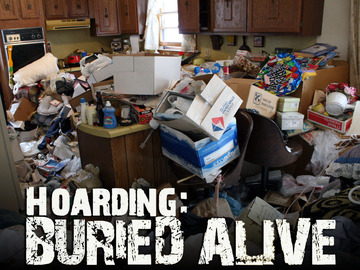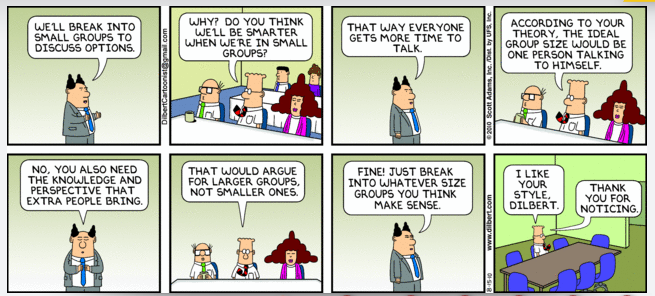If you’re a parent, I need you to repeat this after me.
I don’t have it all figured out.
And for those of you who feel awkward talking to your computer screen, here’s your second chance.
I don’t have it all figured out.
If you do feel like you have the role of parenting completely under control, please repeat this after me:
I am a liar.
And, finally, all together, please repeat this after me:
I can’t do this parenting thing on my own.
Author Donald Miller (Blue Like Jazz) and Dr. John Townsend (Boundaries) walk through a series of discussions on a new small group curriculum that’s been released, Convergence: Where Life and Faith Meet. This particular study is about parenting and what the Bible has to say about raising kids, exploring how God designed parenting, the challenges we face, and the rewards that come helping kids grow up.
I particularly liked the discussion on parents being careful to not make idols out of their children (or even making idols out of the thought of having children). Viewing children as a means to be happy and fulfilled will ultimately leave you empty. And the pressure that we put on ourselves (and that society puts on us) to be the “perfect” parents can be spiritually and emotionally damaging when we find ourselves not living up.
But that’s where the beauty of “community” comes in. Because we can’t do this on our own. And it’s cool if you think you can just wing it ‘just-me-and-God’ style. But God’s given you a community (the Church) to live life with. Grow with. Receive help from. Learn from. Watch. Don’t neglect that gift.
These DVDs were intended to be worked through in the context of a small group. I see no better environment to implement these deep, life-altering, biblical parenting principles.
Still not convinced that this is a good curriculum? Consider this:
1. The videos are only 20 minutes long. When DVD-based curriculum gets longer than that, it begins to infringe on discussion time. 20 minutes works. It gives enough information to communicate an idea, but not so much that the group leader feels the need to squeeze discussion time.
2. There’s no cost to the group member. The only cost incurred is the DVD itself (which is a mere $15).
3. Both the leader’s guide and the participant’s discussion guide can be found online for each study (by clicking HERE). All you have to do is print it off, and you’re good to go.
4. There’s no real homework to be done from week to week. Instead of needing to spend hours pouring over the specific material (which can, by some, be seen as busy work), group members can show up and immediately jump into the conversation. Don’t take this to mean that the studies aren’t challenging, or don’t require any work. It just means that you won’t feel like an outsider in the discussion if you haven’t “done your homework.” And though a homework-heavy study may be the right call for your group in some seasons, a homework-light study can be incredibly refreshing.
5. The questions are short, and elicit discussion. Some curriculum writers feel the need to control the answers of group members. Their goal is not necessarily group discussion. Rather, they want group members to parrot back a certain answer, which makes group discussion much cleaner and simpler. But not necessarily more helpful. Phrasing questions in a way that spurs discussion is incredibly difficult, and often leads to messier discussions, but I’ve had much greater fruit in those types of discussions than in the ones in which, realistically, there was only one “right” answer.
6. Don Miller is really good at interviewing/conversing. He represents the “everyday Christian” really well, and seems to ask the “right” questions to spur the dialog with the person(s) he’s interviewing.
7. There’s a specific Scripture connected with each lesson that your group can wrestle through.
Still not convinced? Then allow me to give you a free copy. The first 25 people that visit AllThingsConverge.com and use my last name, Reed, in the checkout, will get 1 free video download. Come on…you can’t beat that, can you?
Be sure to check out the next stop on this blog tour, a good friend of mine, Will Johnston. He’s reviewed the curriculum, too, HERE. And while you’re at it, go ahead and subscribe to his blog (his RSS feed is right HERE)…you won’t be disappointed.
Check out this promo video from the parenting DVD I’ve reviewed here:
Parenting: Helping Your Kids to Become Adults Trailer from All Things Converge on Vimeo.







